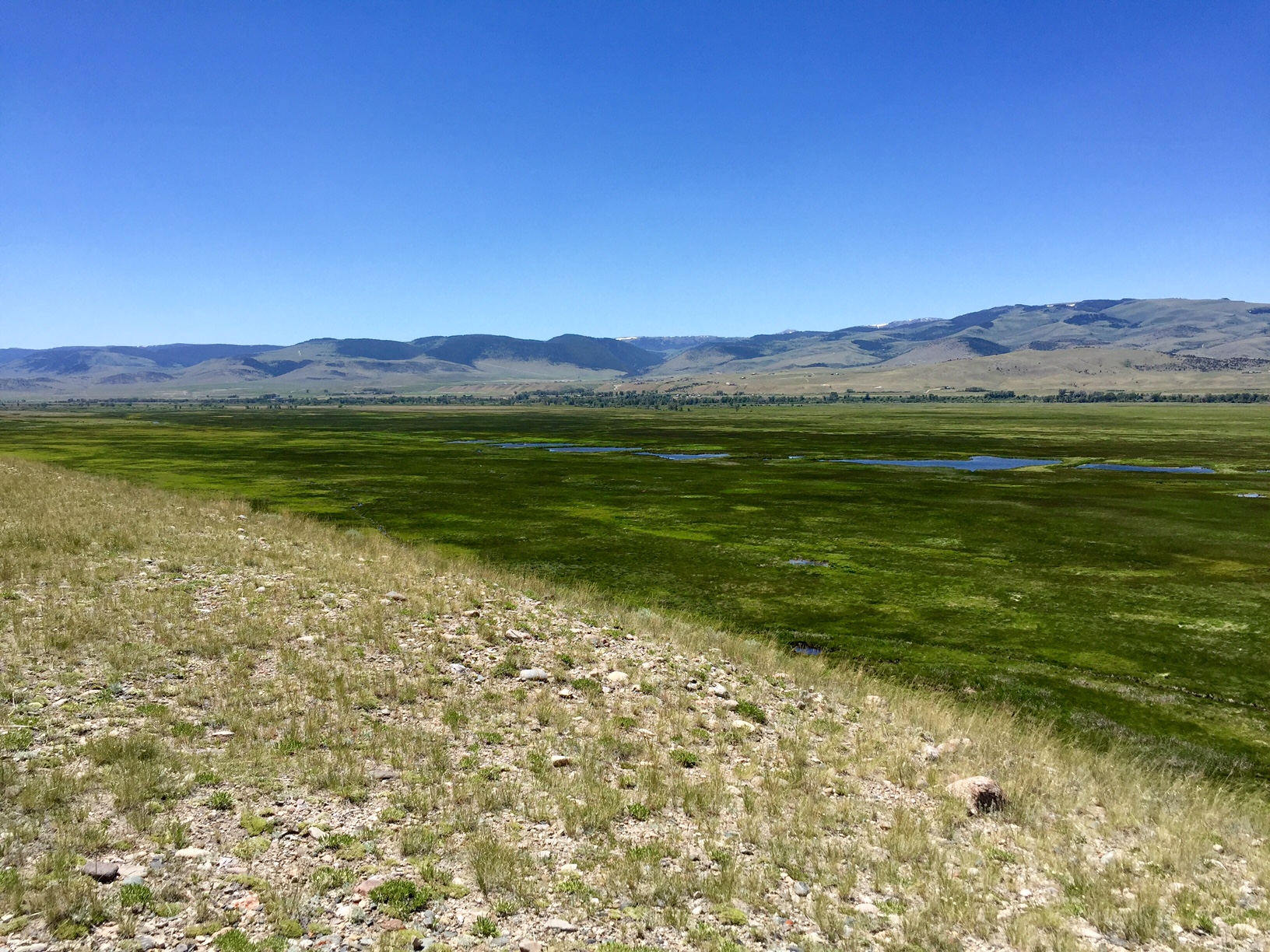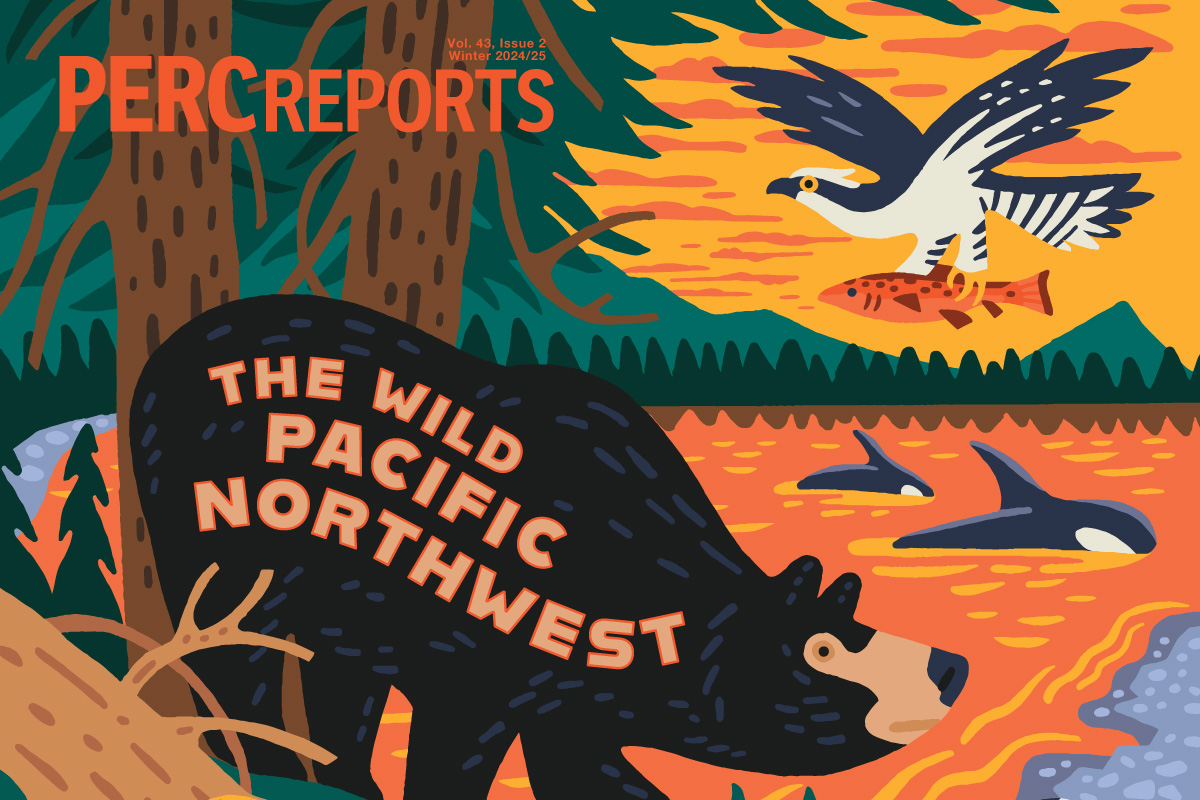A fundamental principle of free market environmentalism is that property rights can turn environmental resources from liabilities into assets by giving resource owners the right incentives for stewardship. Specifically, when property rights are clearly defined, secure from theft, and tradable, the competitive marketplace tends to enhance rather than diminish environmental quality.
This intuitive yet profound principle guides the research, publications, and programs at PERC. From forests to fisheries, from the urban environment to the developing world, the first questions we ask are: who owns the resource, how are those rights defined, and how easily can they be traded.
Typically, ownership by all leads to stewardship by none. Consider public lands in this country. The four federal land agencies—the National Park Service, Bureau of Land Management, Fish and Wildlife Service, and Forest Service—have a total of $19 billion in deferred maintenance. That is $19 billion in crumbling roads, leaking water pipes, and dilapidated trails that the agencies themselves admit should be repaired, but go unrepaired because there is insufficient funding (or, more accurately, insufficient incentive) for stewardship.
As you read in the last issue of PERC Reports, PERC’s message on public lands was simple: we can do better. Through user fees, innovative management structures like franchise parks, privatization of services, and public-private partnerships, we can increase the environmental and economic returns from public lands.
We also made the point in the last issue and in the halls of Congress that the federal government should not acquire more lands—it should not take private lands and make them public—when it cannot manage the lands it already owns. As Congress considers several proposals that would increase federal landholdings, PERC has argued that conservation, at its core, means first taking care of what you already have.
As important and controversial as public lands are, private land ownership remains the bedrock not only of free market environmentalism, but also a free society. It is for that reason that private lands have been and will remain at the top of PERC’s research agenda.
This issue of PERC Reports features stories of “private conservation in the public interest.” Environmental entrepreneurs around the globe are harnessing market forces to enhance wildlife habitat, clean water, and provide recreational opportunities on private lands. And, importantly, the benefits of their efforts spill over property boundaries, often to the benefit of the non-paying public.
Are there market mechanisms that would allow beneficiaries to pay? How would payment influence the provision of these goods and services on private lands? And how would functional markets for so-called “ecosystem services” affect land use patterns, such as the development of working lands in this country at the rate of one acre per hour?
PERC is partnering with the Samuel R. Noble Foundation, Texas A&M’s Institute of Renewable Natural Resources, and the East Wildlife Foundation to answer these important questions. Together as the Center for Private Land Stewardship, we will conduct research on the conservation benefits of secure property rights, connect that research to policy reforms that bolster property right protections, and stand up for the private landowner who conserves the public interest.




